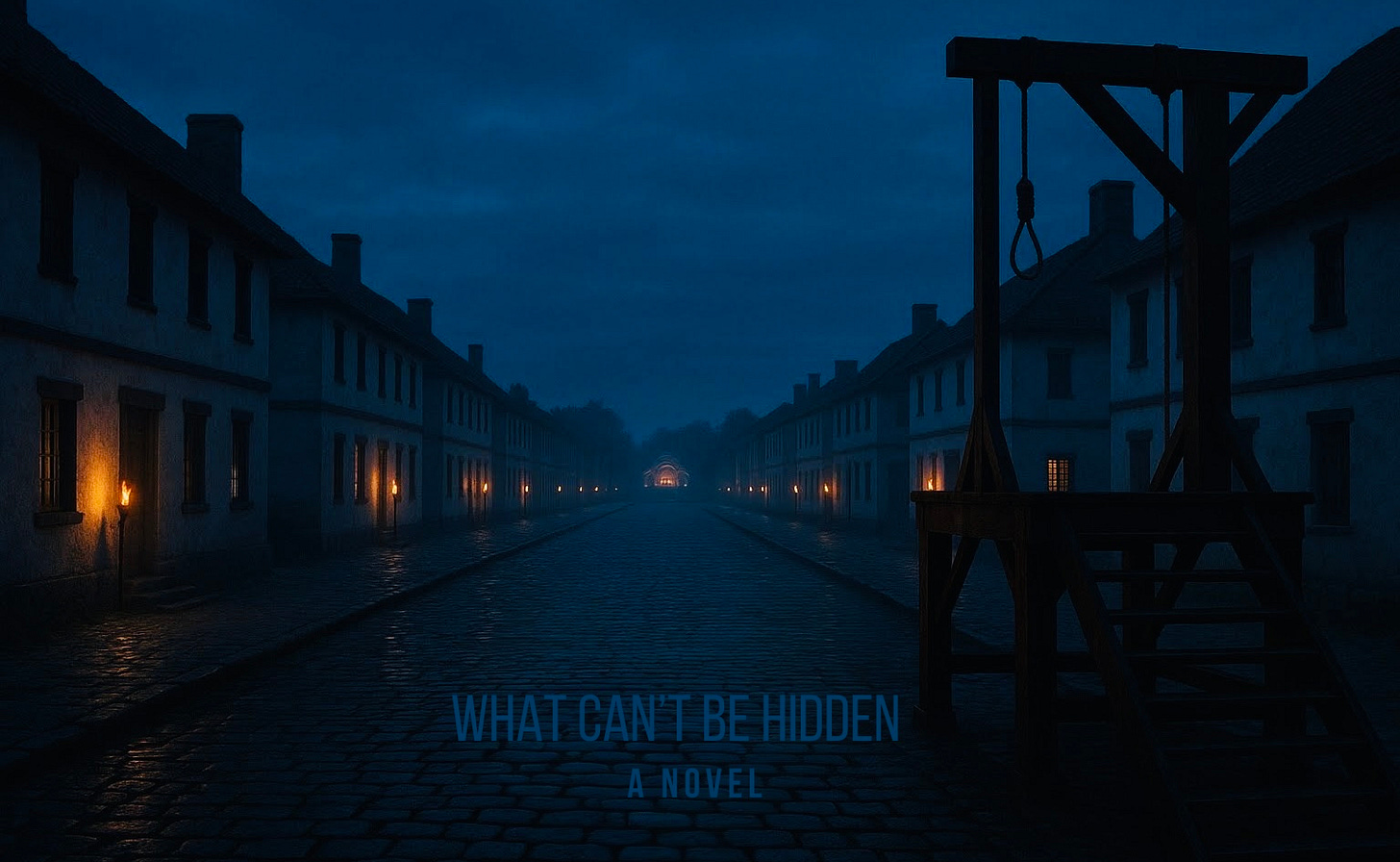The First Act of Freedom
Awakening Isn’t Rebellion- It’s Reframing
Before we tear anything down, we have to learn to see it differently.
When we think about awakening—real, soul-deep awakening—we often imagine something loud. A revolution. A protest. A breaking of chains or a cry for justice echoing through the streets.
But what if the first act of liberation isn’t rebellion?
What if it’s reframing?
There’s a moment in my novel What Can’t Be Hidden that’s easy to miss, but it’s everything. Thura, a young bond servant, doesn’t start by rising up or rejecting her role in the restrictive community of Patrida. She doesn’t yell or defy. She sits with someone she was taught to fear- an old imprisoned woman named Sophia. They share bread. She listens to the wise woman’s words.
And that simple act begins to unravel the whole world she thought she understood.
It’s not because the system around her changes. It’s because she starts to see it differently. The rituals, the rules, the architecture of her town—they don’t disappear. But they begin to lose their power over her because she no longer accepts the oppressive story they’re telling.
That’s reframing.
It’s subtle. It’s quiet. It’s subversive.
And it’s what makes What Can’t Be Hidden so powerful, in my opinion.
In a world that often demands action, reframing feels small and insignificant. But it’s not.
Because when we reframe, we loosen the grip fear has on us. We expose the lie that says “this is the only way.” We see clearly. And from there—only from there—can real transformation begin.
This novel doesn’t just ask, “What do you want to change?”
It asks something deeper. “How are you seeing it? And is there another way to see?”
That’s where everything starts.
Not with rebellion.
With vision.
Question
How am I seeing the systems and stories around me, and what might change if I looked at them differently?
Peace,
Brandon





Boy is this true. I think it can go both ways… reframing in a more positive light or taking stock, naming reality (vs just swirling) with a move towards the hope beyond grief. Does that make sense? (The book is powerful!)